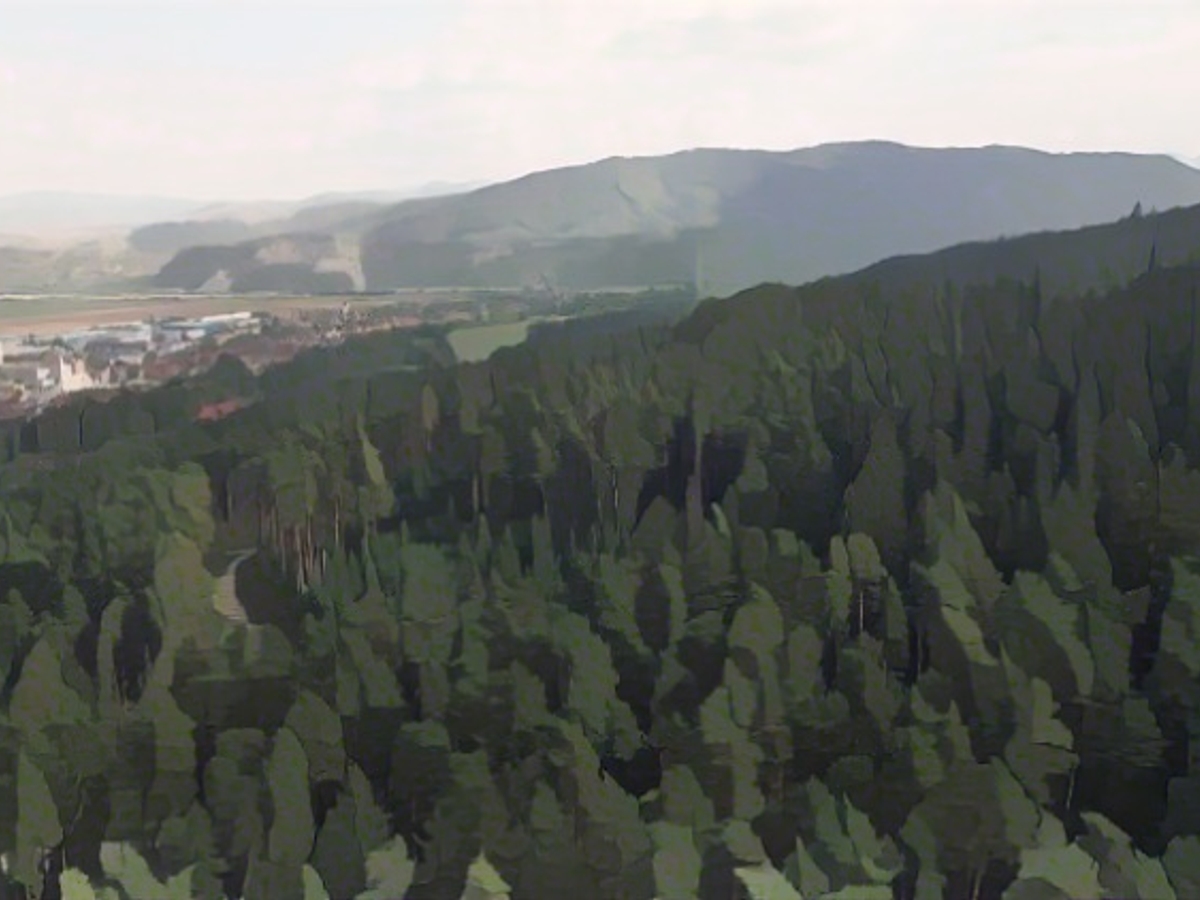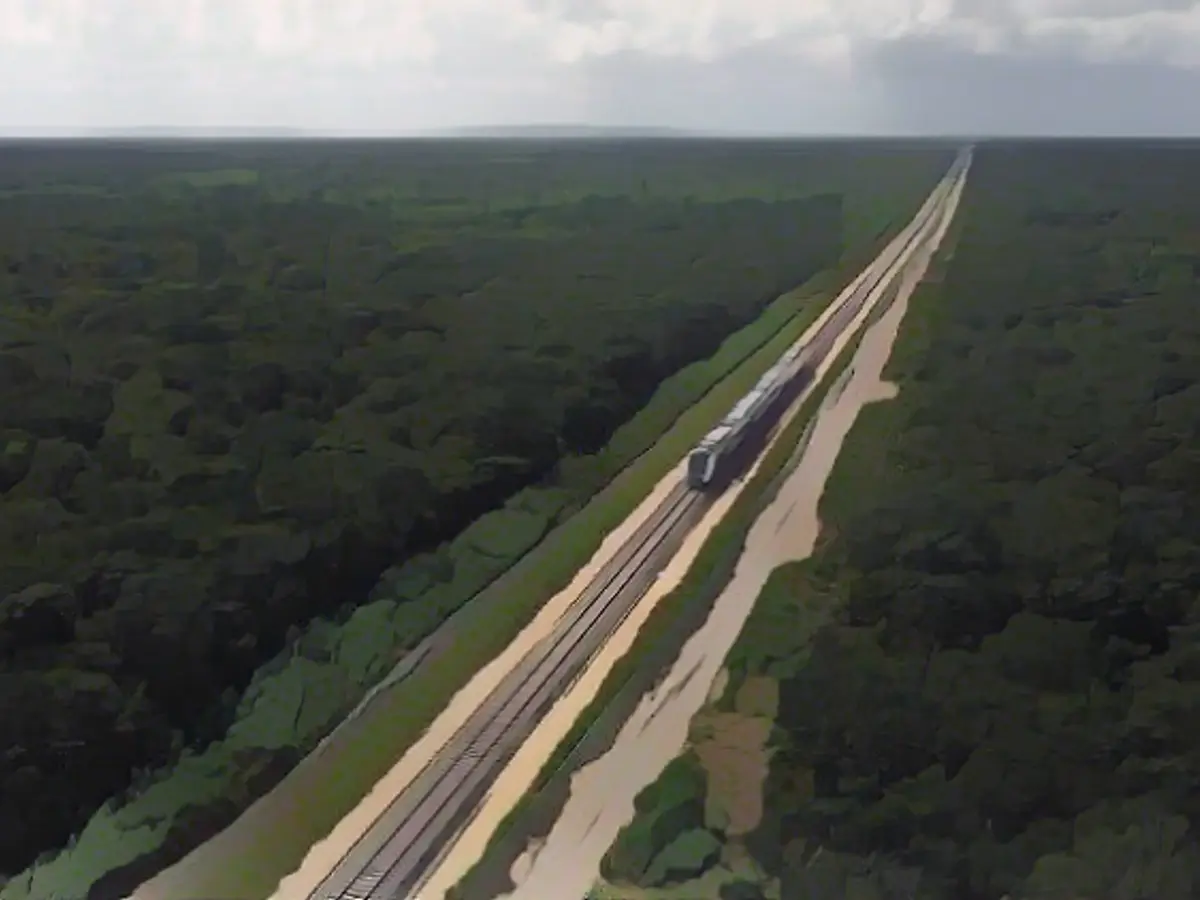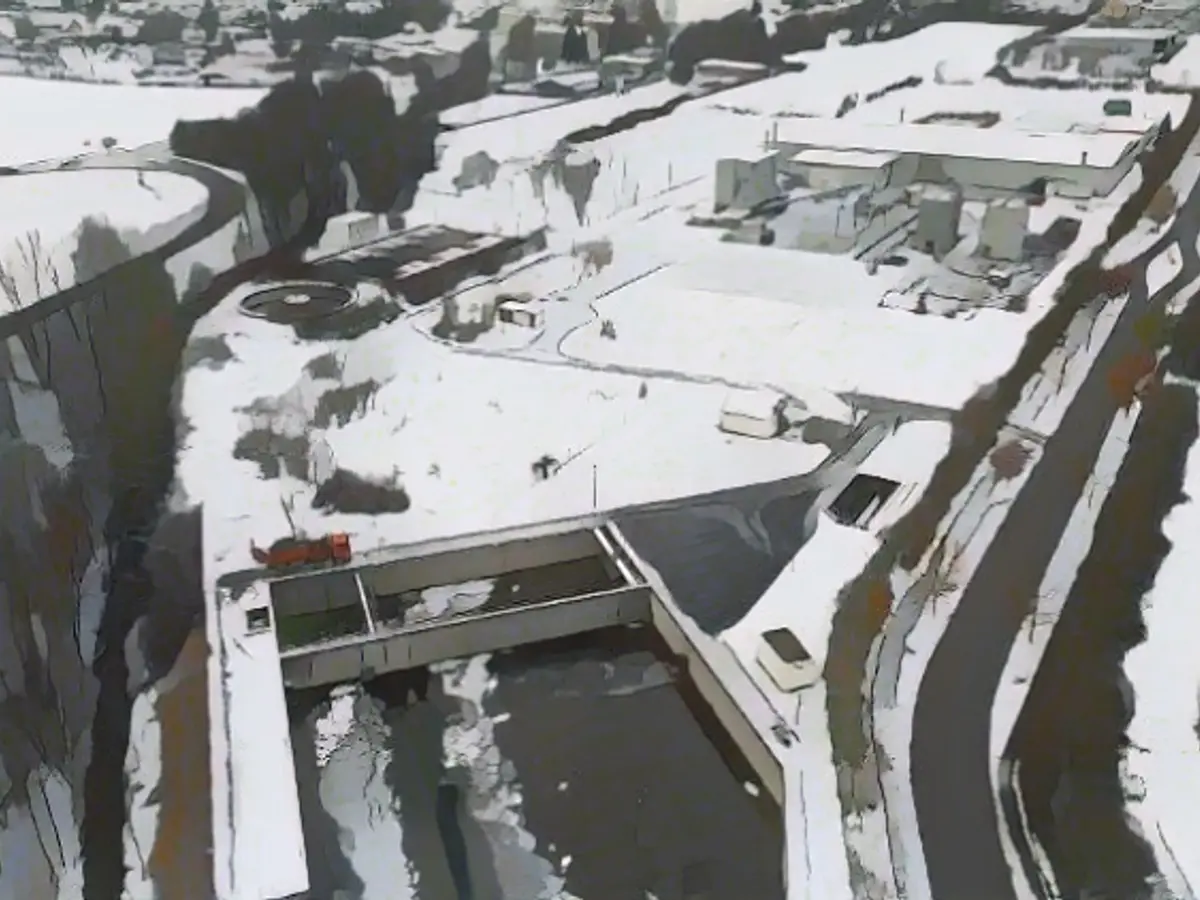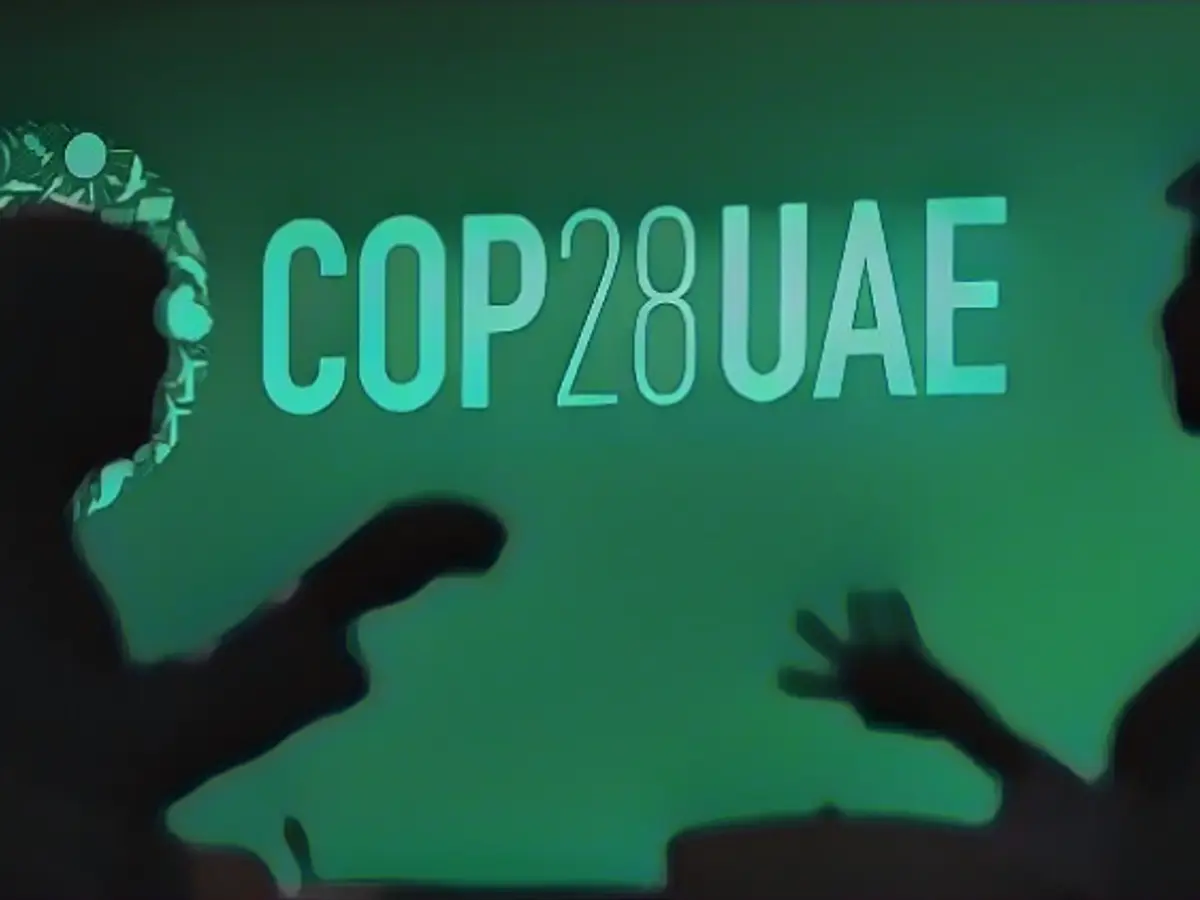The remnants of the crime are hidden among the foliage, on both sides of the trail. Everywhere in the woods south of Brasov, you'll find tree stumps whose girths were illegally cut down. Some have aged, while others appear to have been newly assaulted by criminals.
Valeriu-Norocel Nicolescu, a Forestry professor at the University of Brasov, knows the story behind each tree. He's an old hand in these woods. Nicolescu points to a cluster of stumps. "These were chopped down illegally," he confirms. After a short while, the same scene repeats itself. Another decaying stump nestled between two conifers: felled without permission.
However, the situation has been somewhat tamed. Yet, the consequences stretch far and wide. Illegal logging wreaks havoc on the local environment and the forest on a large scale, according to Nicolescu. It's a problem plaguing forests worldwide, and in Europe, particularly in Romania, environmental organizations claim.
Danger lurking in the shadows
This is what those standing in opposition, like Catalina Radulescu of Agent Green, refer to as a mafia. Radulescu and her colleagues plunge into the forests, documenting deforestation – illegal deforestation, they assert. They've posted numerous confrontational videos on YouTube, showcasing their encounters with alleged perpetrators.
It's dangerous work, Radulescu says. "People have died," she warns, alluding to the reported deaths of forest workers in recent years. Many activists don't go public out of fear, she adds. Why do they put themselves in harm's way, given the risks? "If we don't, the whole forest will disappear, and our quality of life will never be the same," Radulescu is convinced. She doubts if the average Romanian truly comprehends the implications. "There will be substantial changes," she cautions, "before our own eyes."
A lucrative enterprise
According to photos kept in the forestry workers' folder, which theyunwrap and unfold, the desolation of the area around Brasov was evident 15 years ago. The irrefutable proof of illegal logging. Where trees currently stand closely, there was a bleak and colorless wasteland 15 years ago.
The pictures evoke the images that environmentalists publishes each year from the Amazon's primeval forests. In Europe, although over 90% of deforestation occurs in tropical forests, illegal logging is also a constant threat. The last primeval forest in Europe is dying, according to activists, in Romania. This fate is due to unauthorized felling. According to the European Union, around 30% of the world's timber is harvested illegally. The annual value: six billion euros. Criminals reap immense revenues from clear-cutting forests.
Estimating the intensity of illegal logging in Romania is a challenge. Initially, the Ministry of the Environment stated that approximately half of the wood was illegally felled, but later retracted this claim. Currently, an inventory is underway, and neither the Ministry nor the law enforcement authorities agreed to an interview request.
Combating complex challenges
"It's high time we treat timber theft as a serious aspect of organized crime," warns Jan-Niclas Gesenhues. He and his Green Party colleague Lukas Benner recently visited the Romanian forest to advocate for stronger measures against the timber mafia. According to Gesenhues, some of this ill-gotten wood ends up in German households as tables or cupboards. "No one wants that," he insists.
According to environmental organizations, illegal timber transformation into seemingly legal wood can occur through various means. In some instances, logging permits are used multiple times. But illegally felled timber is also often processed and rebranded in sawmills. As a result, it's virtually impossible to trace the origins of legitimately sold wood.
Gesenhues also mentions "mafia structures." These structures, according to Benner, are often combated inadequately by law enforcement agencies, including in Germany. Adjustments are required. "Environmental crime is more than simply misplaced refrigerators on the forest's edge," Benner remarks. In many regions, however, ambition in law enforcement and the corresponding resources appear scarce.
Illegal logging is not simply a European problem, but a worldwide one. The EU is dedicated to tackling crimes like this more vigorously. Environmental crime is complex, as it encompasses various aspects, from pollution to corruption. Detecting, uncovering, and addressing this crime is difficult and often takes place secretively, not to mention tricky to punish. While drug trafficking and product piracy continue to lead the way, environmental crime is rapidly gaining ground, claiming an estimated annual loss of up to 281 billion dollars.







